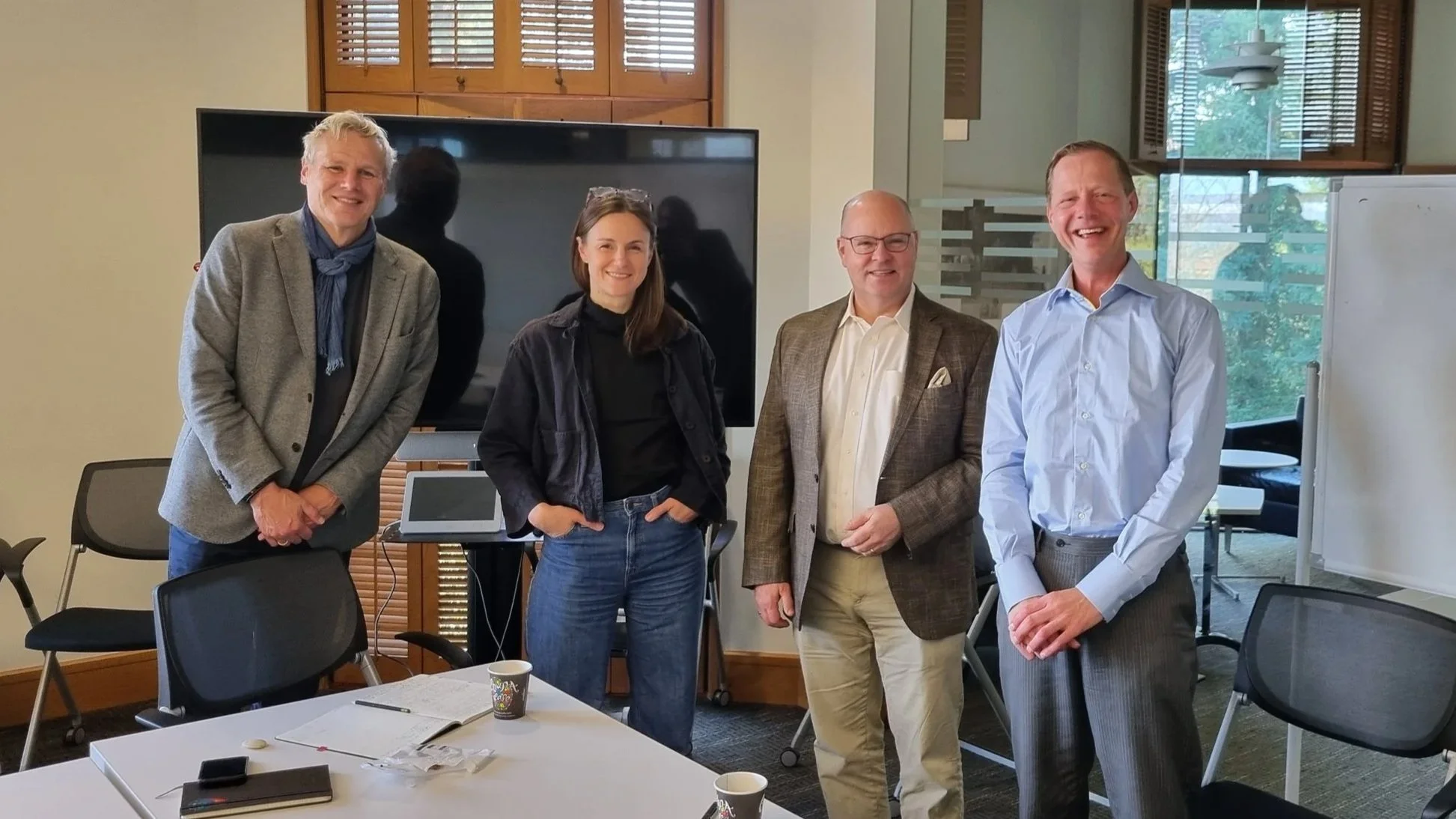On 31 October 2025, Mauritz Kop, Founder of Stanford RQT (Responsible Quantum Technology), served as one of the main speakers at the North America regional workshop on the Ethical, Legal, and Social Aspects (ELSA) of Broadening Global Ownership of Quantum Technologies. The online workshop was part of the United Nations International Year of Quantum Science and Technology 2025 (IYQ 2025), a year-long initiative mandated by the United Nations General Assembly (UNGA) and led by the United Nations Educational, Scientific and Cultural Organization (UNESCO) to mark 100 years of quantum mechanics and to address the emerging “quantum divide” in access, skills, and infrastructure.
The North America edition was convened by Dr. Zeki C. Seskir and Professor Shohini Ghose as part of a six-region ELSA-of-quantum workshop series. Each regional workshop is feeding into a global IYQ event on the Ethical, Legal, and Social Aspects of Broadening Global Ownership of Quantum Technologies to be held in Istanbul in November 2025.
The program brought together four principal speakers—Mauritz Kop, Bruna Shinohara de Mendonça, Lindsay Rand, and Isabelle Lacroix—and designated commentators Rodrigo Araiza Bravo and Karl Thibault. The workshop closed with an open discussion in which participants reflected on regional needs, expected impact, and the kind of alignment that is necessary for a fair and secure quantum future.
The International Year of Quantum and the North America ELSA Workshop
The International Year of Quantum Science and Technology 2025 was proclaimed by the United Nations General Assembly in June 2024. The resolution calls on states and international organizations to use 2025 to raise public awareness of quantum science, promote education and capacity-building—especially in the Global South—and strengthen cooperation so that all countries can participate in and benefit from quantum technologies.
Within this broader mandate, the ELSA of Broadening Global Ownership of Quantum Technologies initiative focuses on quantum governance. The North America workshop was explicitly framed around three questions:
Which ethical, legal, and social aspects of quantum technologies are most urgent for North America today?
Which ELSA topics are most important globally?
How should the future of ELSA and related policy implications be shaped in Europe, North America, and worldwide, and what forms of alignment are needed?
The three-hour program opened with an overview of the IYQ ELSA event series, followed by the four invited talks, a short break, and then a structured discussion and closing reflections.
From ELSA to ELSPI: A Metaparadigm for Quantum Governance
Kop’s keynote, “From ELSA to ELSPI: A Metaparadigm for Quantum Governance,” drew on his recent work on Quantum-ELSPI and Responsible Quantum Technology, including Quantum-ELSPI: A Novel Field of Research; Ten Principles for Responsible Quantum Innovation (co-authored with, among others, Raymond Laflamme); and his legislative blueprint Towards a European Quantum Act.
He began by defining Quantum-ELSPI (co-developed with Luciano Floridi then at Oxford, now at Yale) as the study of Ethical, Legal, Socio-economic, and Policy Implications of quantum technologies. Classical ELSA—Ethical, Legal, and Social Aspects—was designed for more conventional technologies and, in his view, is too narrow for quantum systems that combine:
Dual-use components that can be deployed for both civilian and military purposes;
Long security horizons, where sensitive data captured today may be decrypted decades later by cryptanalytically relevant quantum computers; and
Fragile supply chains, in which a handful of materials, cryogenic systems, or photonic components create systemic bottlenecks.
To address this, Kop articulated three foundational pillars of the Quantum-ELSPI metaparadigm, developed in a recent Science article with co-authors Mateo Aboy, Urs Gasser, Glenn Cohen, and others:
Standards-First Governance
Technical and assurance standards—such as post-quantum cryptography (PQC) profiles, quantum quality-management systems, and certification schemes—are treated as the primary vehicle for embedding values into systems. Law, policy, and institutional design are built around these standards rather than attempting to regulate hypothetical risks in the abstract.Execution-Oriented Ethics
Ethics is framed as a delivery problem. Instead of high-level value statements, Kop emphasized auditable supply chains, post-quantum cryptography migration drills, and verifiable deployment metrics in sectors such as finance, health care, and government archives. Ethics, in this sense, is measured by what actually ships and how it behaves under stress.Planetary Welfare
The third pillar reframes quantum technologies not only as instruments of national competitiveness or military advantage, but as ecological and health technologies. Quantum-ELSPI is thus aligned with the Sustainable Development Goals (SDGs), emphasizing applications in climate modeling, clean-energy materials discovery, quantum-enabled medical technologies, and resilient humanitarian communications.
Taken together, these pillars elevate Quantum-ELSPI from a narrow ethics add-on to a metaparadigm for governing the entire quantum stack—from materials and cryogenic infrastructure to cloud-based access, algorithms, and hybrid quantum–classical systems.
Meer lezen






